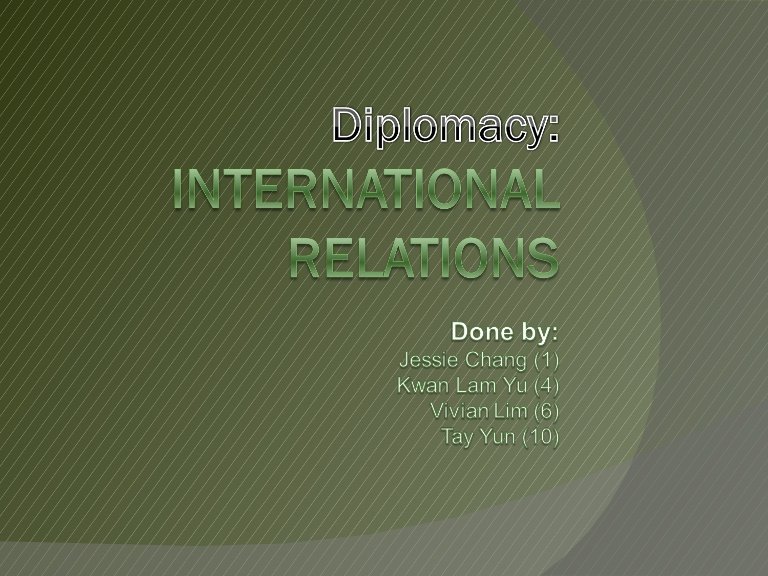In the realm of international relations, complexity is not just a characteristic; it’s the rule. The intricate dance of diplomacy, with its nuanced steps and unspoken understandings, often finds itself at odds with the fast-paced demand for clarity and simplicity in media coverage. This discord becomes particularly pronounced when journalists confront policymakers with questions about military actions—whether to keep them “on or off the table” in negotiations or crisis situations.
It’s understandable why such questions are asked. They stem from a genuine desire to inform the public and hold leaders accountable for their decisions that could lead to war or peace. However, this line of questioning can inadvertently oversimplify issues that require careful consideration and strategic ambiguity.
Taking military options off the table publicly can weaken a nation’s negotiating position. It signals to adversaries that there is a limit to how far one is willing to go, potentially emboldening them. On the other hand, stating that all options are on the table may escalate tensions unnecessarily and box leaders into corners they’d rather avoid. Thus, diplomatic discussions often rely on a delicate balance between showing resolve and maintaining enough flexibility to allow for peaceful resolutions.
The frustration expressed over simplistic journalistic inquiries reflects a deeper concern: Are we adequately capturing the essence of diplomacy? Diplomacy thrives in shades of gray, where what is left unsaid can be as powerful as what is declared openly. Questions focusing solely on whether military action is considered fail to grasp this subtlety.
Moreover, such queries overlook broader strategies at play. In scenarios like hostage negotiations or retaliatory strikes, there are myriad factors involved—historical contexts, alliances, domestic pressures—that cannot be distilled into a simple yes-or-no question without losing essential nuance.
This critique isn’t an indictment of journalism as a whole but rather a call for more nuanced reporting on international affairs—a plea for understanding that some answers aren’t straightforward by design. Journalists play an indispensable role in democracy by informing citizens and scrutinizing power; however, when covering complex global issues like diplomacy and security policy, embracing complexity rather than shying away from it enriches public discourse.
To bridge ideological divides around foreign policy debates within our society—and indeed within our global community—we must foster dialogue that appreciates these complexities instead of reducing them into sound bites lacking depth or context. By doing so, we not only become better informed but also cultivate empathy towards differing viewpoints—an essential ingredient in any healthy democracy.
As we navigate through tumultuous geopolitical landscapes together as engaged citizens and responsible stewards of our shared future—it behooves us all: policymakers, journalists alike—to approach each discussion with both skepticism toward overly simplistic narratives and openness towards understanding multifaceted realities behind diplomatic endeavors.

Leave a Reply